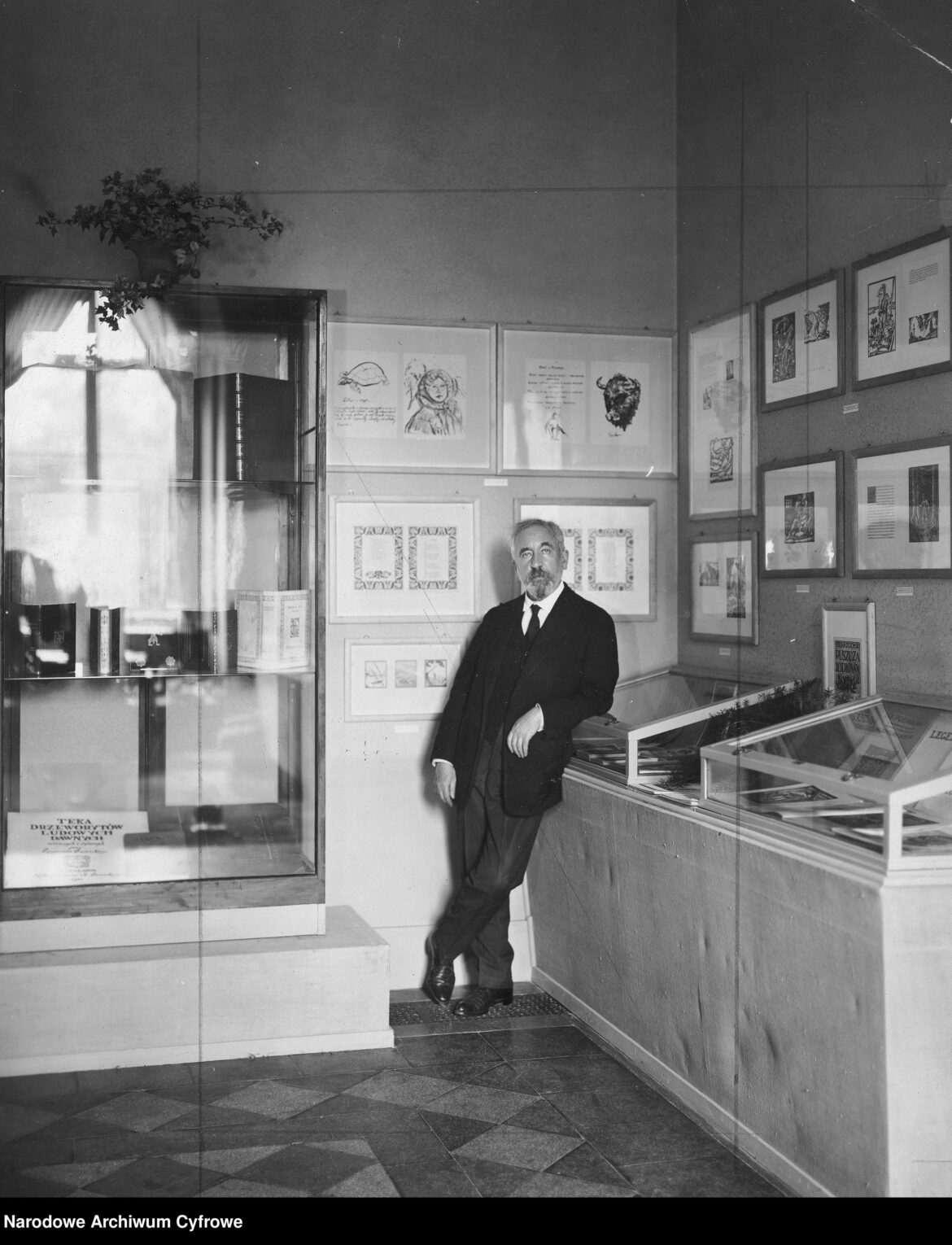Who was the Jew who published about 700 books, mainly Polish literature, including Stefan Żeromski, Antoni Słonimski, Julian Tuwim, Janusz Korczak, Bolesław Leśmian?
Jakub Mortkowicz was born to a Jewish family on March 25, 1876, in Opoczno. He studied in Munich, Brussels and Antwerp, where he graduated from the Academy of Commerce and become a Polish socialist. After returning to Poland, he worked at Hipolit Wawelberg’s bank. He continued his political activity, dealt with the distribution of illegal press and educational work, for which he was arrested by the Russians, imprisoned, and then sent to the Caucasus, from where he returned to Poland after a few months.
In 1903 he started his publishing activity, joining a partnership with Henryk Lindenfeld and Gabriel Centnerszwer. Due to censorship limiting publications under Russian occupation, the partners used Kraków printing houses. In order to improve their activity, in 1911 Mortkowicz bought the National Printing House, and in 1912 he became the sole owner of the company.
As an enthusiast of Polish culture, he became famous for publishing not only scientific works in humanities but above all the works of many writers and poets, prose writers, playwrights and journalists. He supported painters and graphic designers, promoting Polish art worldwide and the world canon of literature in Poland. Art publications, richly illustrated editions of Polish artists’ and reproductions were Mortkowicz’s greatest love. He also co-founded the “Ruch” company, which distributed magazines, books and stationery all over the country.
During the great economic crisis, his publishing houses suffered from financial problems, which caused Mortkowicz’s health problems. He fell into depression and committed suicide on August 9, 1931. The publishing house, operating under various names, survived until 1950 and was well recorded in the pages of Polish editing and bookselling history.





